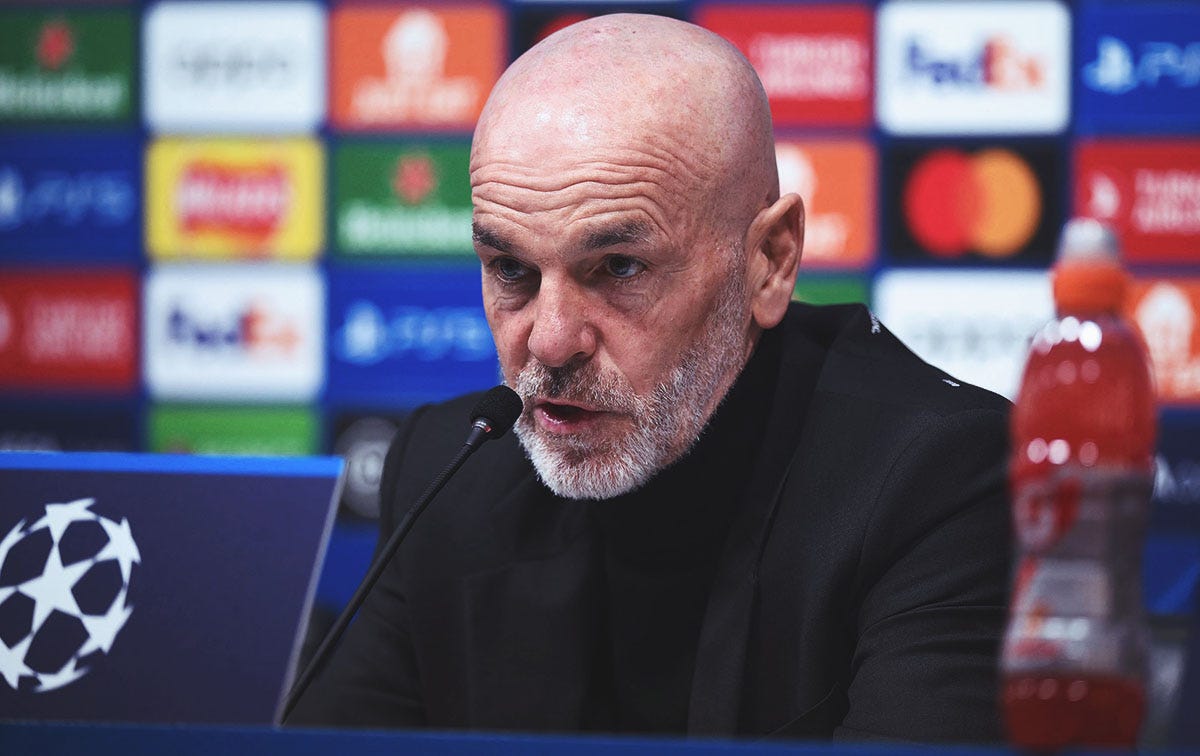When did scrutiny become such a crime? [Bonus article]
After what was an extremely tough start to the year, we can more or less say that AC Milan have recovered. Things got heated there for a moment, but the harmony has been restored and the Rossoneri are back to winning ways in the league, in addition to reaching the semi-finals of the Champions League.
There’s no doubt that the squad deserves a lot of praise considering what they have been through this season. Being the reigning champions was never going to be easy, no one ever thought that, but it was still inevitable that the players’ confidence would take a hit somehow.
As we look back on the start of 2023 and everything that surrounded it, there are many debates that can be started. The most important part, however, is that Milan have got themselves out of the worst part and have also done tremendously well in the prestigious Champions League. All for the good of the club.
Because that is what we always come back to, and refer to, the good of AC Milan. Success doesn’t just come out of nowhere, you need a solid foundation and a proper project to take off, and in that sense a football club is a lot like a company. Or any other venture that humans pursue in life, for that matter.
The important thing is to not steer away from the foundation and the project you have. There needs to be belief and if you once found the project justified, you should come to the same conclusion again. Most of the time, that is, because the truth is that reality will force us to always evaluate. So, when do we change direction?
In Milan’s case, and their start to 2023, they never ended up changing their direction. Not if we look at the project and its foundation, that is. Stefano Pioli did, on the other hand, change things up on the pitch and eventually got the desired effect. But that change ultimately stemmed from the criticism he received from the media and the fans.
The club expressed their support from start to finish, as they should, because they are in charge of the foundation and the project as a whole. So naturally, as I explained above, they believed in it. What was crucial in turning things around, however, is that Pioli actually made some changes that didn’t really affect the core of the project, and those are changes only he can make as well.
The added pressure not just from the media but also the fans forced him to act. He had to evaluate his ideas and in the end, what came of it, was positive for the club and the project as a whole. The foundation never changed, but minor details of its execution did and Milan were better off from it.
So, when did it become such a crime to scrutinise? The suggestions of sacking Pioli were, in hindsight, premature. He has shown enough this season to stay for at least one more term and the historical achievement with the Scudetto should not be trivialised when we talk about his future.
What’s important, however, is that criticising the manager should not come as a surprise. Especially not if you have just lost seven games on the trot. In fact, it would be misconduct from the journalist to not ask the hard questions. It must be done, and it sure shouldn’t matter that you might not get accreditation for the next press conference.
When we talk about big clubs, scrutinising is an everyday thing. Just like any other big institution in the world, there needs to be checks and balances. Without the scrutiny, most clubs would be rendered mediocre, because high demands are what get you a lot of success in the end.
We can all recall stories about the ‘old Milan’ and how they were often dissatisfied even after winning a game, just because they didn’t play well enough. The success of the past also contained a lot of criticism, it’s just that no one ever remembers that when reading the history books.
The criticism, in Milan’s case, only made them stronger and more prepared for the future. It’s good that the Rossoneri didn’t deviate from their project, but the fact remains that the criticism was needed to wake them up. Always for the good of the club, of course, and that’s why there always will be scrutiny.





